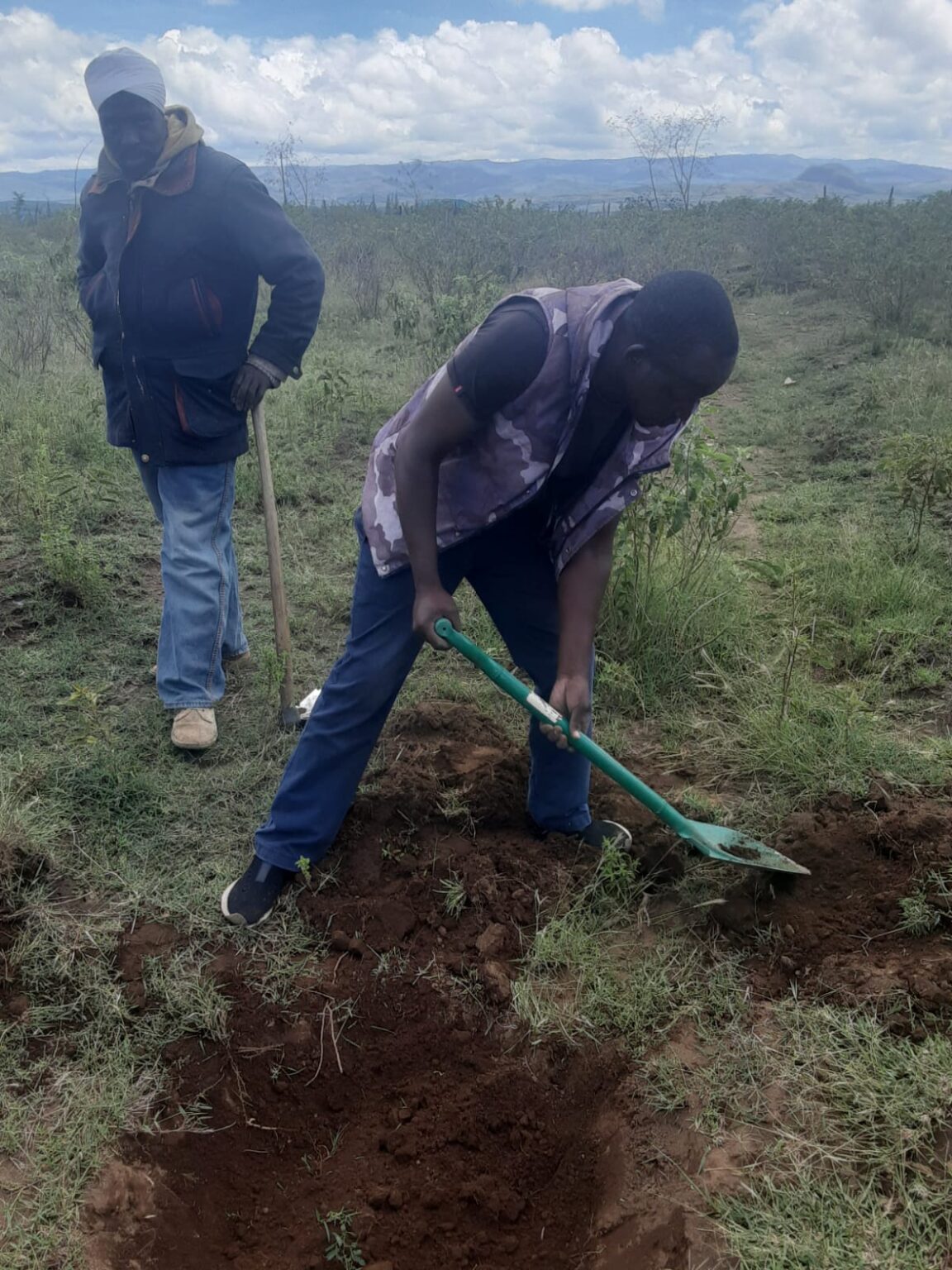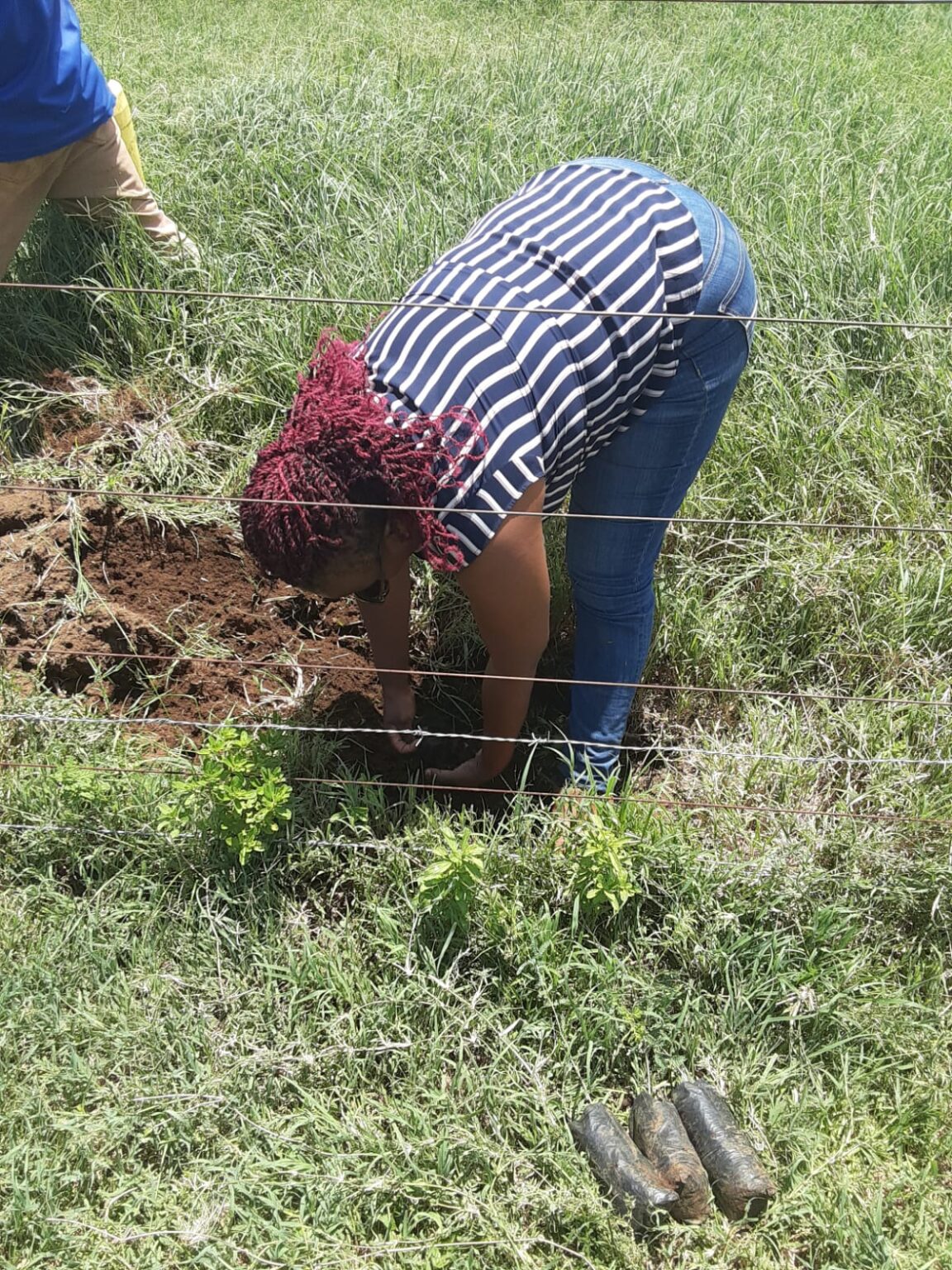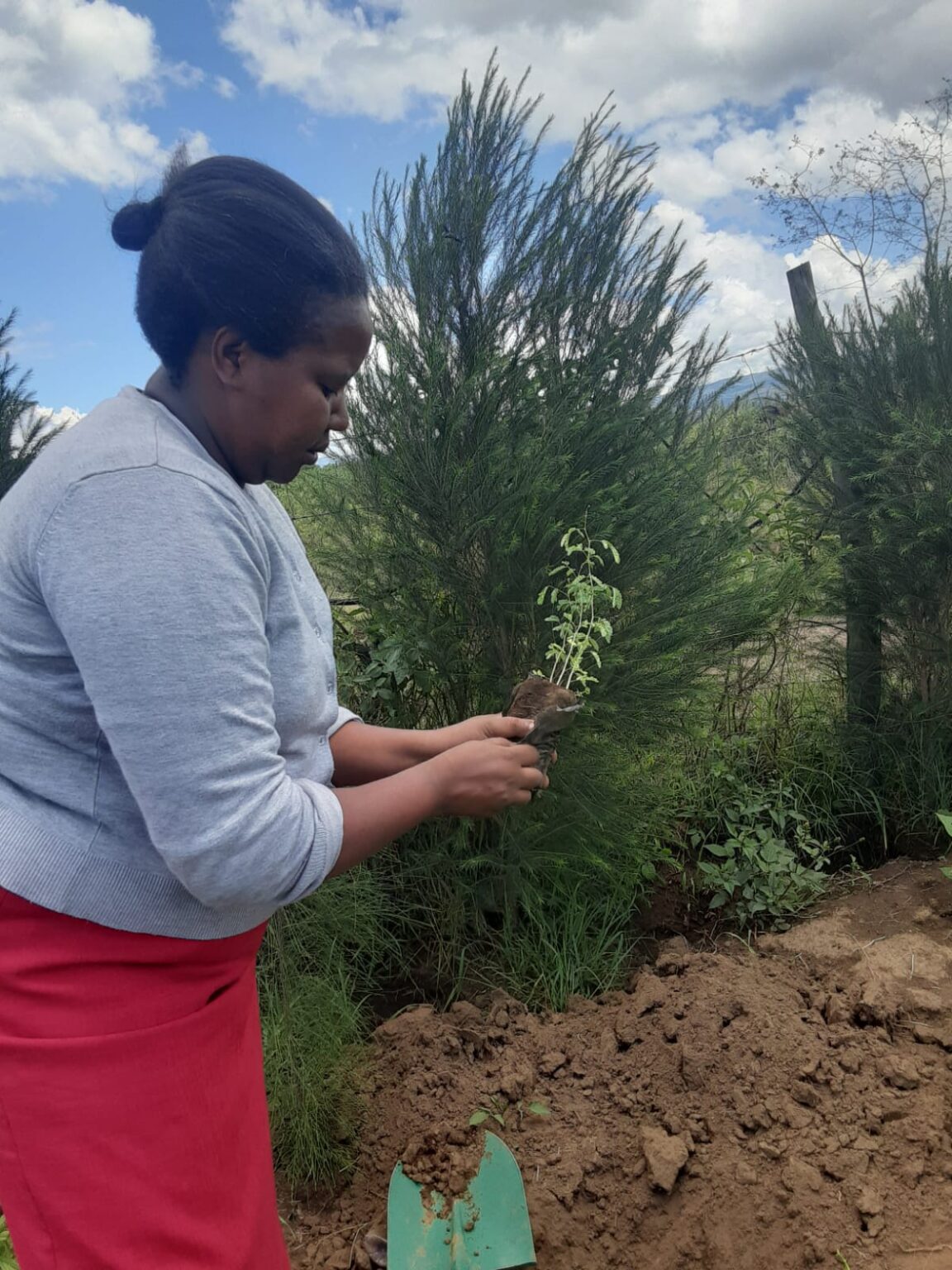Environmental Conservation
- Ewuaso-Suswa Conservancy
- Our Services
- Environmental Conservation
The Ewuaso-Suswa Wildlife Conservancy is initiating an Environmental Conservation Planting Project aimed at restoring degraded landscapes, enhancing biodiversity, and combating climate change. This project involves large-scale tree planting, habitat restoration, and community education initiatives designed to promote environmental sustainability and resilience. By engaging local communities and leveraging scientific research, the conservancy seeks to create a healthier ecosystem that supports both wildlife and human livelihoods.
Our Objectives
Key Components
Tree Planting and Habitat Restoration:
- Native Species Planting: Focus on planting native tree species that are well adapted to the local environment and beneficial for wildlife.
- Riparian Zone Restoration: Restore riverbanks and wetland areas to improve water quality and provide crucial habitats for aquatic and terrestrial species.
- Soil Erosion Control: Implement measures such as terracing and the use of cover crops to prevent soil erosion and promote soil health.
Community Engagement and Education:
- Educational Workshops: Conduct workshops and training sessions for local communities on the importance of environmental conservation and sustainable practices.
- School Programs: Develop and implement environmental education programs in local schools to instill conservation values in the younger generation.
- Community Planting Events: Organize community tree planting events to foster a sense of ownership and participation in the conservation efforts.
Sustainable Land-Use Practices:
- Agroforestry Promotion: Encourage agroforestry practices that combine agriculture and forestry to enhance biodiversity and improve agricultural productivity.
- Grazing Management: Implement rotational grazing and other sustainable livestock management practices to prevent overgrazing and land degradation.
- Alternative Livelihoods: Support the development of alternative livelihoods that reduce pressure on natural resources, such as beekeeping and eco-tourism.
Monitoring and Research:
- Ecological Monitoring: Establish a monitoring system to track the progress of restoration efforts, including tree survival rates and biodiversity changes.
- Research Partnerships: Collaborate with universities and research institutions to study the impacts of restoration activities and refine conservation strategies.
- Data Collection: Collect and analyze data on soil health, water quality, and wildlife populations to inform ongoing conservation efforts.
Expected Outcomes
- Restored Ecosystems: Improved health and resilience of degraded ecosystems, leading to enhanced biodiversity and ecosystem services.
- Increased Wildlife Habitat: Expanded and enriched habitats for wildlife, supporting greater biodiversity and more stable wildlife populations.
- Climate Change Mitigation: Increased carbon sequestration through tree planting, contributing to climate change mitigation efforts.
- Community Involvement: Greater community involvement and ownership of conservation initiatives, ensuring long-term sustainability and success.
- Enhanced Knowledge: Increased knowledge and awareness of environmental conservation among local communities and school children.
The Environmental Conservation Planting Project at Ewuaso-Suswa Wildlife Conservancy aims to restore the natural landscape, promote biodiversity, and combat climate change through large-scale tree planting and habitat restoration efforts. By engaging and educating local communities, the project seeks to foster sustainable land-use practices and build a strong foundation for ongoing conservation success. This initiative highlights the critical connection between healthy ecosystems, thriving wildlife populations, and resilient human communities, contributing to the overall well-being of the Ewuaso-Suswa region.





